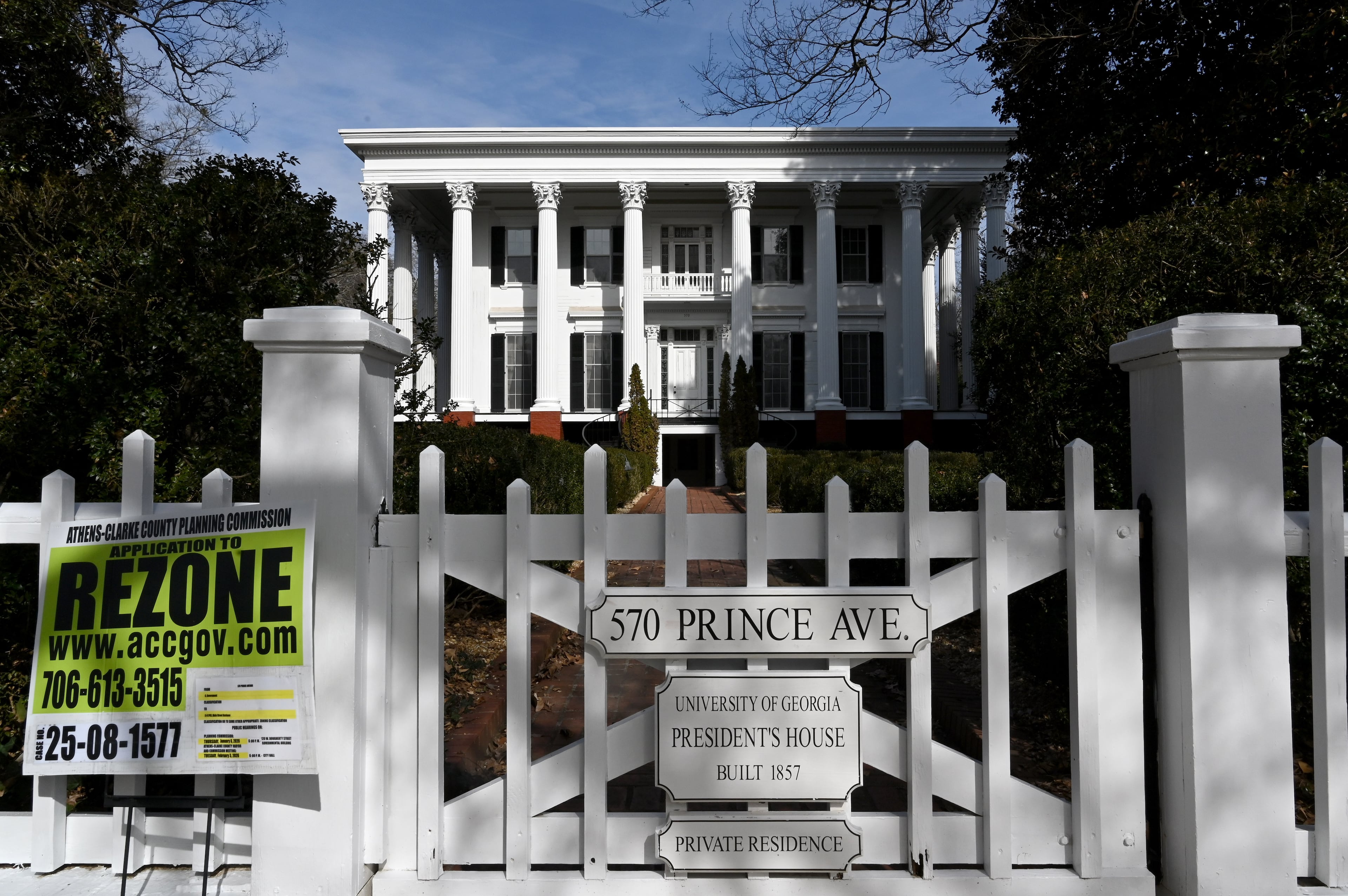Augusta and Clark Atlanta universities partner on cyber technology

Clark Atlanta and Augusta universities announced Tuesday a plan to partner on cyber-physical and cybersecurity research and opportunities for their students to earn degrees in those fields.
It’s the second recent partnership between the two universities. They signed an agreement in August to work together on prostate cancer research and met Monday at Clark Atlanta to discuss that project.
“We thank you for believing in Clark Atlanta University as we believe in Augusta University,” Clark Atlanta’s president, George T. French Jr., said at Tuesday’s announcement.
Federal officials and business leaders have stressed the need for more workers with expertise in science, technology, engineering and math. The United States will need an additional 1 million more STEM professionals to meet workforce needs by 2022, according to a White House report.
Leaders from the institutions hope the partnership can help fill that gap.

“There’s a shortage of domestically-educated students pursuing graduate degrees,” said Alexander Schwarzmann, dean of Augusta University’s School of Computer Sciences,
The workforce needs are more acute among African American students, particularly women, Schwarzmann said in an interview. In 2015, about 8% of women with science and engineering degrees were African American and they held less than 6% of jobs in those fields, according to a 2018 National Science Foundation report. African Americans held less than 5% of all science and engineering jobs, the report found.
The partnership has advantages for both universities. Clark Atlanta, which has about 3,800 students, is the largest private historically black university in Georgia. Augusta University is home to the Georgia Cyber Center, which opened last year. Schwarzmann envisions some Clark Atlanta students pursuing degrees at Augusta, a public university of about 9,300 students.
>> RELATED | $100 million cybersecurity center openingin Augusta
Faculty from the two schools are developing a proposal to the National Science Foundation for research funding. They hope to get stipends for students. Clark Atlanta is planning a doctoral degree in cyber-physical systems in 2021, which French said would be the first such program for any historically black university.
During an interview, Schwarzmann pitched another potential partnership to French and Lucille Maugé, Clark Atlanta’s chief operating officer: a dual degree engineering program.
We’re interested, they said.


